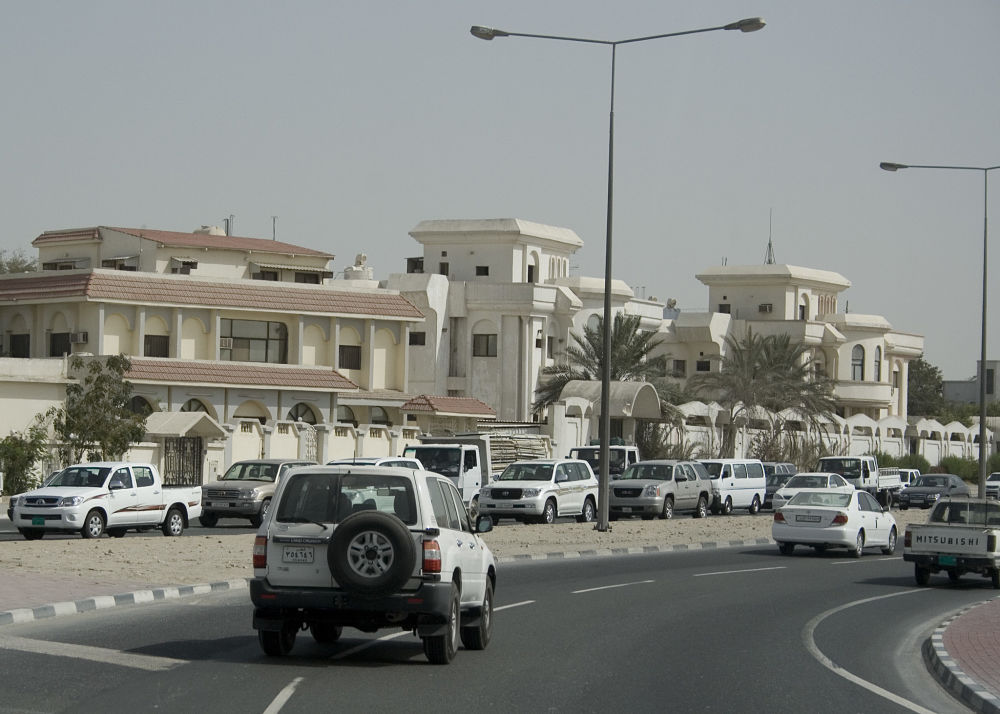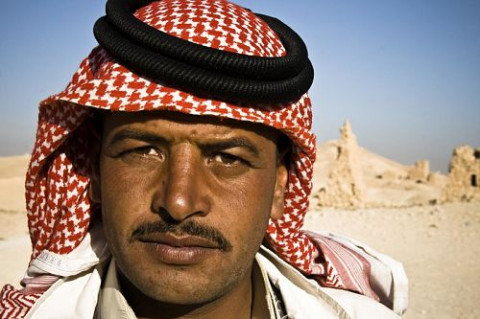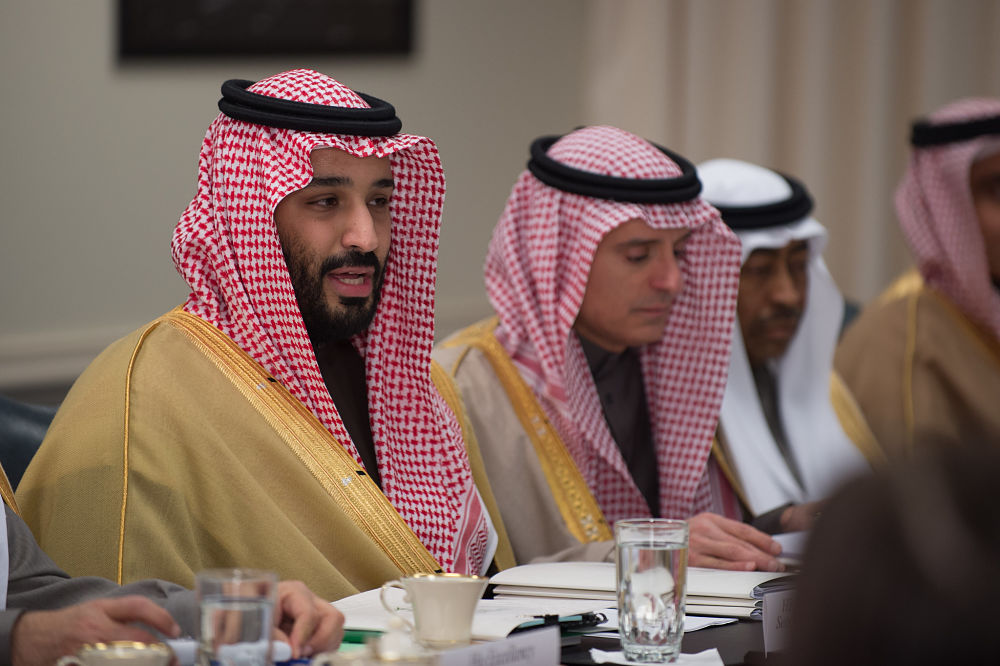Understanding the Arab Middle East - Identity, Culture and Values
As with any people, the Arabs look to the past for their sense of identity.
Arab history is tied to tribalism and the nomadic life of the desert.
Although in most places the nomadic lifestyle has all but disappeared, the influence of the desert and especially the importance of tribal identity are still prominent today.
If you're working in the region, or with people from the Middle East, it's really useful to understand some of the key values in their culture and identity.
So, we're going to look quickly at 3 aspects of the culture it's really important to appreciate.
DON'T MISS THE FREE SAMPLE OF OUR MIDDLE EAST COURSE AT THE END!
3 Important Aspects of Arab Culture
1. The Tribe
Across the Middle East old tribal traditions are still visible.

Photo by Robert Haandrikman (Flickr CC BY 2.0) shows Emirati man training his falcon in the deserts of the UAE.
Hunting with birds of prey, the herding of goats, camel racing, poetry, dances and much more are still practised today as ways of linking back to the nomadic past.
The desert life is romanticised and glorified, and the Arabs identify with it on many levels.
Tribal names to this day help identify who you are, your ancestry and your position within the local hierarchy. Tribal connections, alliances and intermarriages are still vital to developing networks and pooling resources.
Do not be surprised if someone in the region shows you where certain tribal lands start and end; to this day the name of a tribe, its honour, history, land and wealth still carry a lot of importance.
2. Arab Values
The Arabs’ roots in tribalism today translate into many values, customs and behaviours.

This photo by Joey Coleman (Flickr CC BY 2.0) in Qatar shows the typical style of houses (known as 'villas') that locals tend to live in. They usually have many floors with extended family living on separate floors, yet together.
The extended family, for example, is still the most common set up with married couples and kids living with parents and grandparents in large houses.
In some neighbourhoods, you may find whole families populating certain streets or a series of villas as most people tend to live close to their families. Free time, weekends and leisure are usually mainly spent with the family.
As a result, families in the Middle East are very tight with loyalty to the family outweighing any other. Families are usually run by an elder male who makes decisions for the rest; their decisions are respected and adhered to as a matter of honour.
3. Family First
One of the characteristics of many family-centred cultures is that of favouritism and nepotism.
From politics to business, Arabs prefer to keep things in the family. Photo of Saudi Arabia's Crown Prince Muhammad bin Salman by U.S. Secretary of Defense (Flickr CC BY 2.0)
The Middle East is no different in that people prioritise their families first and use a complex system of bartering favours in order to help family members.
For example, an uncle with the ability to secure a job for his nephew would see it is a failure if he was not to try and influence or help in securing the job.
Similarly, sometimes rules and red tape can be bypassed if you have the right family connections working in the right places. The tendency to favour family essentially comes down to trust. A family member will always be considered more loyal, trustworthy and compliant than a non-family member.
Summary
In summary, the Arab culture places great emphasis on the past in terms of its sense of identity.
Tribal life in the desert helps explain many of the characteristics of the modern-day Middle East such as the food that is eaten and clothing that is worn.
It is also the root of many of the values that people place importance upon such as ancestry, pride, loyalty and honour.
Take a Course on Middle East Culture
To learn more about Arab culture and how to navigate the Middle East, then try our Middle East Online Cultural Awareness Course.
You can watch a free sample of the video below which is packed full of cultural insights into the Arab region. If you want to upgrade, just go to the page for more info.
Photo by Marc Veraart on Flickr (CC BY 2.0)
Related Posts
By accepting you will be accessing a service provided by a third-party external to https://www.commisceo-global.com/

 +44 0330 027 0207 or +1 (818) 532-6908
+44 0330 027 0207 or +1 (818) 532-6908

